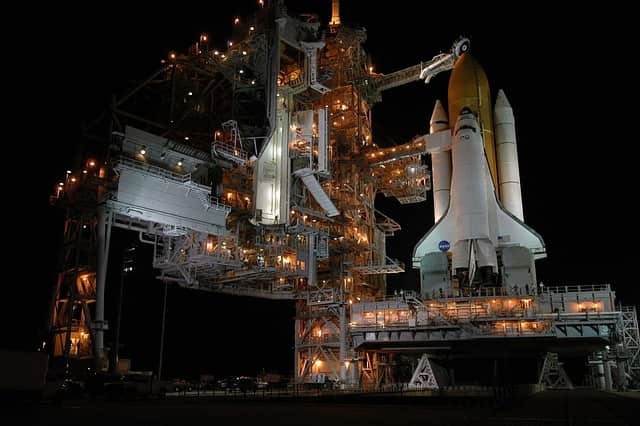Space Exploration and Colonization
Space exploration has always captivated the human imagination. In recent years, advancements in space technology have brought us closer to realizing our dreams of exploring other planets and potentially establishing colonies beyond Earth.
Advancements in Space Technology

Over the past decade, we have witnessed remarkable progress in space technology. Breakthroughs in propulsion systems, materials science, and artificial intelligence have changed everything forever. To give you an example, private companies’ development of reusable rockets has significantly reduced the cost of launching payloads into space, making space more accessible than ever before.
Planetary Exploration Missions
Robotic missions have expanded our knowledge of our solar system and beyond. The Mars rovers, Curiosity and Perseverance, have been instrumental in studying the Martian terrain and searching for signs of past or present life. Furthermore, the Juno mission has given us unprecedented insights into the mysterious gas giant Jupiter and its intricate magnetic field.
Telescopes like the Kepler Space Telescope and the James Webb Space Telescope have discovered thousands of exoplanets, and some prime candidates for habitability. These findings offer hope for the potential discovery of Earth-like worlds.
Implications for Colonization
The knowledge from planetary exploration missions is invaluable for planning future colonization efforts. With its proximity to Earth and relatively hospitable conditions, Mars is a prime target for human colonization. Understanding the Martian environment, its resources, and potential hazards is essential for ensuring the success and sustainability of future missions.
Moreover, studying exoplanets has fueled discussions about the possibility of finding habitable worlds outside our solar system. While interstellar travel remains a distant goal, these discoveries open up exciting prospects for humanity’s distant future.
Earth’s Future and Space Exploration
Space exploration is not only about finding new homes; it also holds crucial insights for preserving our planet. Studying other celestial bodies can help us learn more about Earth’s climate and geology, aiding our efforts to combat climate change and protect our environment.
The last decade has seen remarkable advancements in space technology and an increased focus on planetary exploration missions. These developments bring us closer to realizing our dream of colonizing other worlds and discovering the potential for life beyond Earth. The future of space colonization looks increasingly promising, offering hope for humanity’s long-term survival and prosperity.
